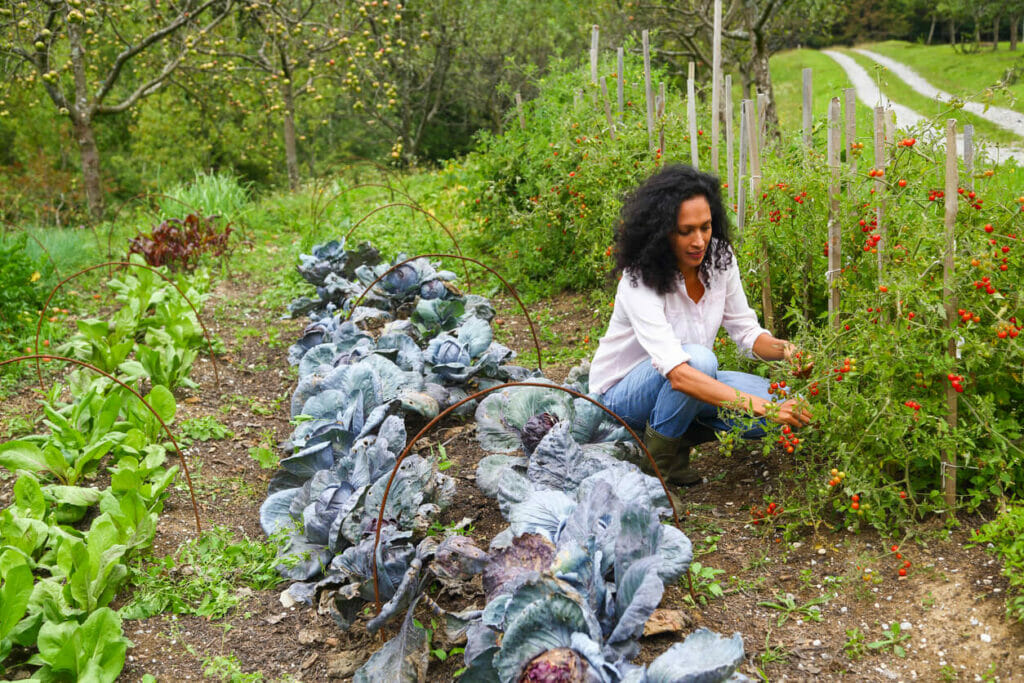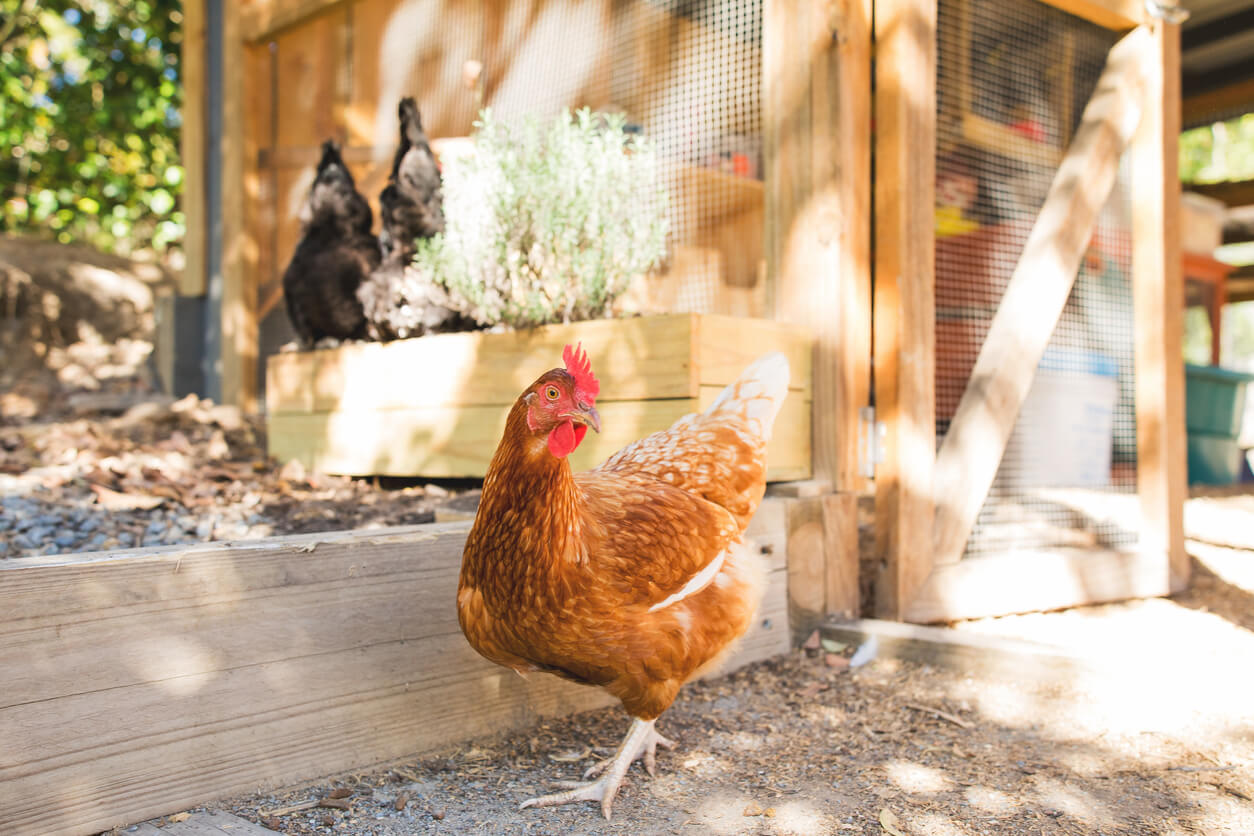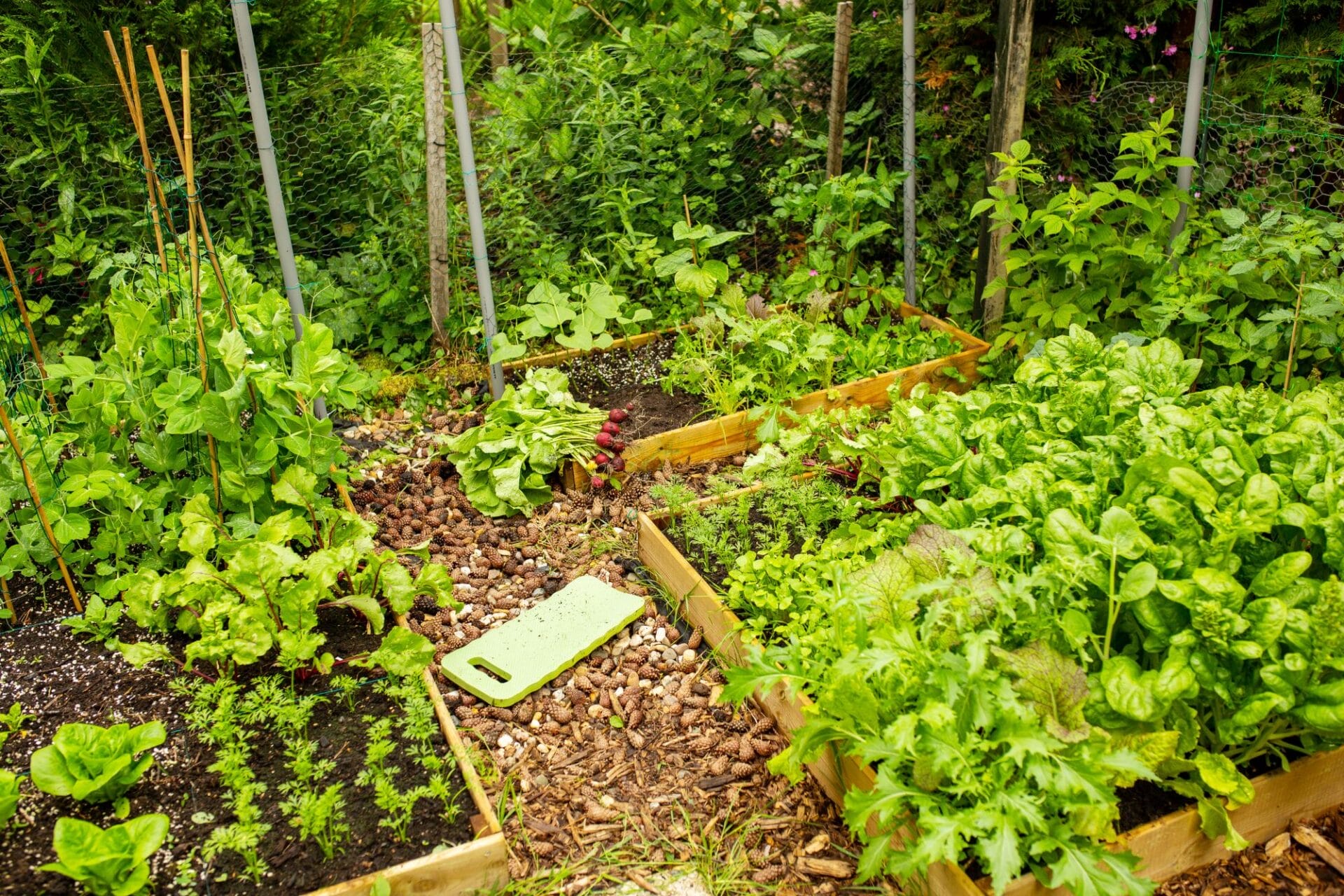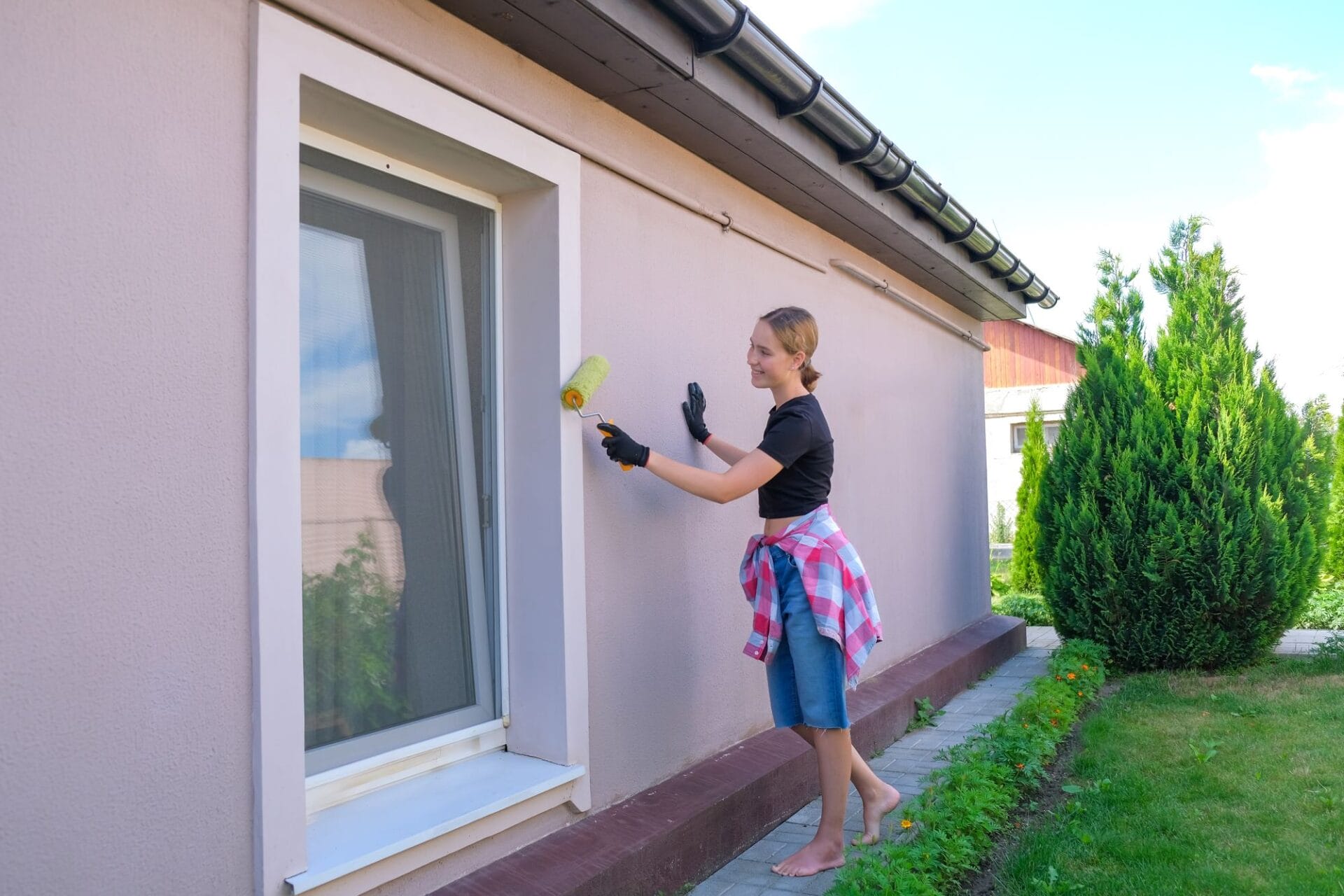Egg prices were so high in some states at the beginning of 2023 that some people started joking about buying live chickens instead. This way, they could have a personal supply of eggs. But homeowners living in Oregon may soon get that opportunity if they really wanted to try farming their own eggs.
Table of contents
- Homeowners in Oregon may have a chance to produce their own food
- The finer details
- Will this bill really make a difference?
Homeowners in Oregon may have a chance to produce their own produce, eggs and honey
Senate Bill 437 focuses on the production of food in planned communities by lot owners and their tenants. The bill aims to address some food insecurity issues that have been exasperated by inflation and supply shortages. The bill is still moving through the Oregon legislation, but so far there do not seem to be many strong opponents.
A similar proposal failed in Salem two years ago, but supporters believe they have enough votes this time around. The measure has already passed the Senate on a 27-1 vote, and awaits further action in the House Committee on Housing and Homelessness.
This paragraph will be of particular interest to owners in HOAs:
“A provision of a planned community’s governing documents or landscaping or architectural guidelines is void and unenforceable to the extent that it prohibits or restricts an owner, or a tenant of an owner with the approval of the landlord, from producing food products on the owner’s lot, through methods including gardening, hen-keeping or beekeeping.
This subsection does not prevent an association from enforcing regulations requiring that the food production be performed in a competent and proficient manner or consistent with laws and ordinances applicable to the food production.”
Yes, bees are also part of the deal, though the legislation would not supersede applicable municipal regulations, if any exist.
While we don’t expect many people to take up apiculture, this new law could sour relations in a few neighborhoods.
The finer details
While this proposed law may seem a bit shocking, HOAs still have the ability to enforce regulations. That means if an owner who takes up beekeeping does a poor job of maintaining the hive, or neighboring owners are getting stung, the association is within its right to ask the owner to get rid of the bees.
Similarly, if there was a neighbor who is severely allergic to bees, then other owners may not be permitted to keep them.
Gardens would have to be well maintained, and void of pests that could infest other backyards or homes.
Some HOAs that permit gardens have designated specific areas where owners get their own plot of land to grow what they wish. The space often consists of irrigated, raised planting beds, that can be looked over and cared for by landscape professionals.

Community gardens encourage neighbors to get to know each other better and they prevent owners from detracting from the aesthetics of their own backyards.
As for the birds, roosters do not lay eggs, so they would likely not be permitted on HOA property unless there is a rule that says otherwise. There are some quieter breeds of chickens; HOA policies may ban the noisier types.
And as with pet limitations, the HOA would be in a position to limit the number of backyard chickens one unit can keep. This will help to control the noise and odors.
Finally, the HOA may want to regulate the design of chicken coops that owners build. They can fill out an application, submit plans for the coop, and attach any additional documents or photographs of the design they have in mind. While exact guidelines will vary, the easiest approach is to have the coop’s design match or complement the rest of the community.
Will this bill really make a difference?
Some may argue that the work involved to keep bees, chickens, or even vegetable gardens uses up more resources than going to a grocery store and purchasing the food.
But perhaps the law is less about solving food insecurity issues, and more about removing barriers that make it harder for people to take control of their well-being (and their homes). Several communities all over the U.S. have put a blanket ban on gardens, and have fought owners who wanted to grow produce on their properties.
One example of this occurred in 2011 when an owner installed several raised beds in the front yard of her suburban Michigan property. The owner wanted to teach her kids about growing their own food, but was instead cited with a civil misdemeanor for not planting “grass, shrubs, or other suitable live plant material.”
When community officials threatened to prosecute the woman with a more serious criminal misdemeanor, which would potentially come with a 93-day jail sentence, she took her story public. The charges were ultimately dismissed.
Currently, only Illinois and Florida have “right to garden” laws in place, although Maine recently updated its constitution with a “right to food” amendment.
Power over food supply is given to just a few corporations. They create the policies, set the prices, and pass on costs to consumers. Consumers should be able to do little things to improve their access to food. It shouldn’t be an all-or-nothing scenario.
Conclusion
By no means is a garden going to solve systematic inequality and poverty, but if enough people maintain modest gardens, it could have a large impact on grocery store prices in the future.
Furthermore, owners might find that farming eggs or honey is rewarding and therapeutic. It is one healthy way to disconnect from the daily stresses of life and reconnect with nature. This bill could create conflict between neighbors, but chances are higher that it will bring communities closer together.
If Senate Bill 437 passes, HOAs should absolutely exercise their right to create policies and limitations surrounding food production. However, communities will benefit if owners and board members can work together to create rules that satisfy the needs and desires of both parties.
This article will be updated once there is more information on this bill.






















